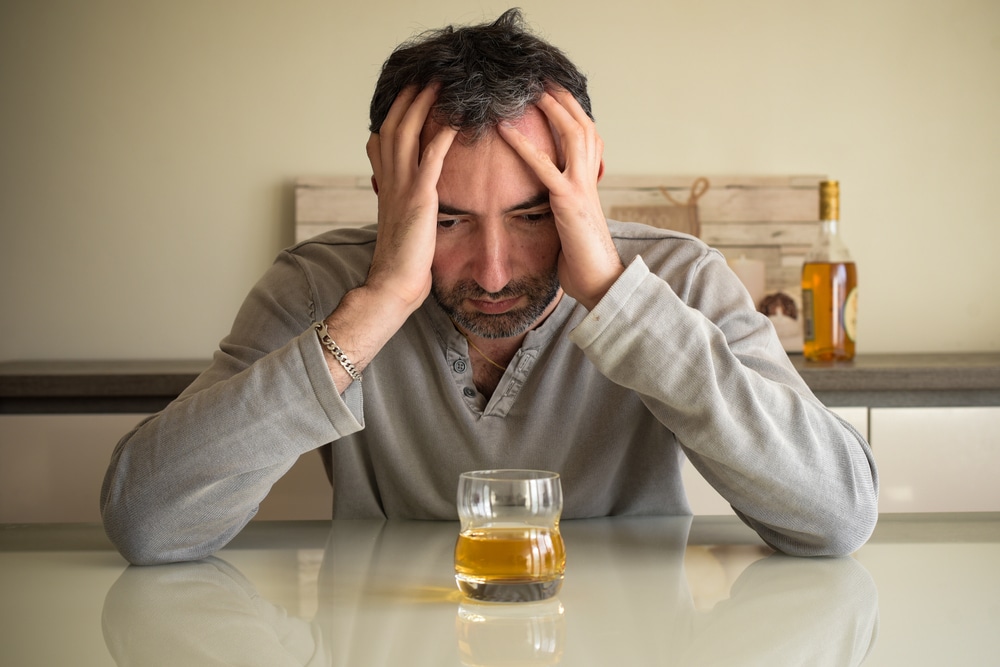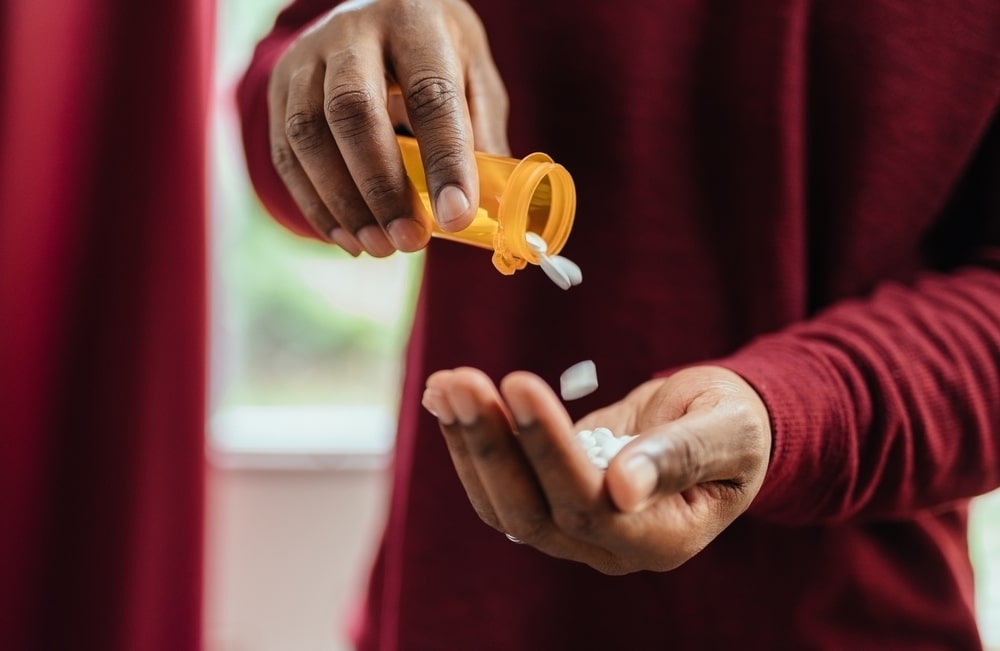Drug addiction is considered a disease because both legal and illegal substances lead to physical changes in the brain. In the same way diabetes is a disorder of your hormones and high blood pressure is a disorder related to the heart, addiction is a disorder of the brain. Just because someone doesn’t have physical symptoms you can see doesn’t mean they’re not present. Addiction is included in the DSM V, along with around 297 other mental disorders.
While scientists still don’t fully understand the mechanism of addiction, they know it’s partly a disorder of the brain’s reward system. Addiction changes nerve cells in your brain known as neurons, which communicate using neurotransmitters. These chemicals, such as dopamine, serotonin and norepinephrine, are responsible for mood, movement and motivation. Substances alter the ways these chemicals interact, throwing the body off-balance and forcing it to adapt to repeated interference.
Biological changes in the brain account for a person’s inability to resist cravings, not strength of will power or morality. Luckily, although addiction is a chronic disease, it’s possible for anyone to gain control over their symptoms and find a healthy balance.






